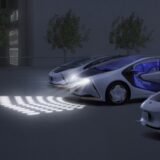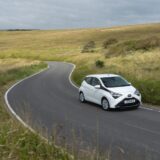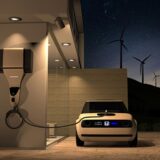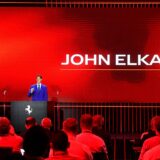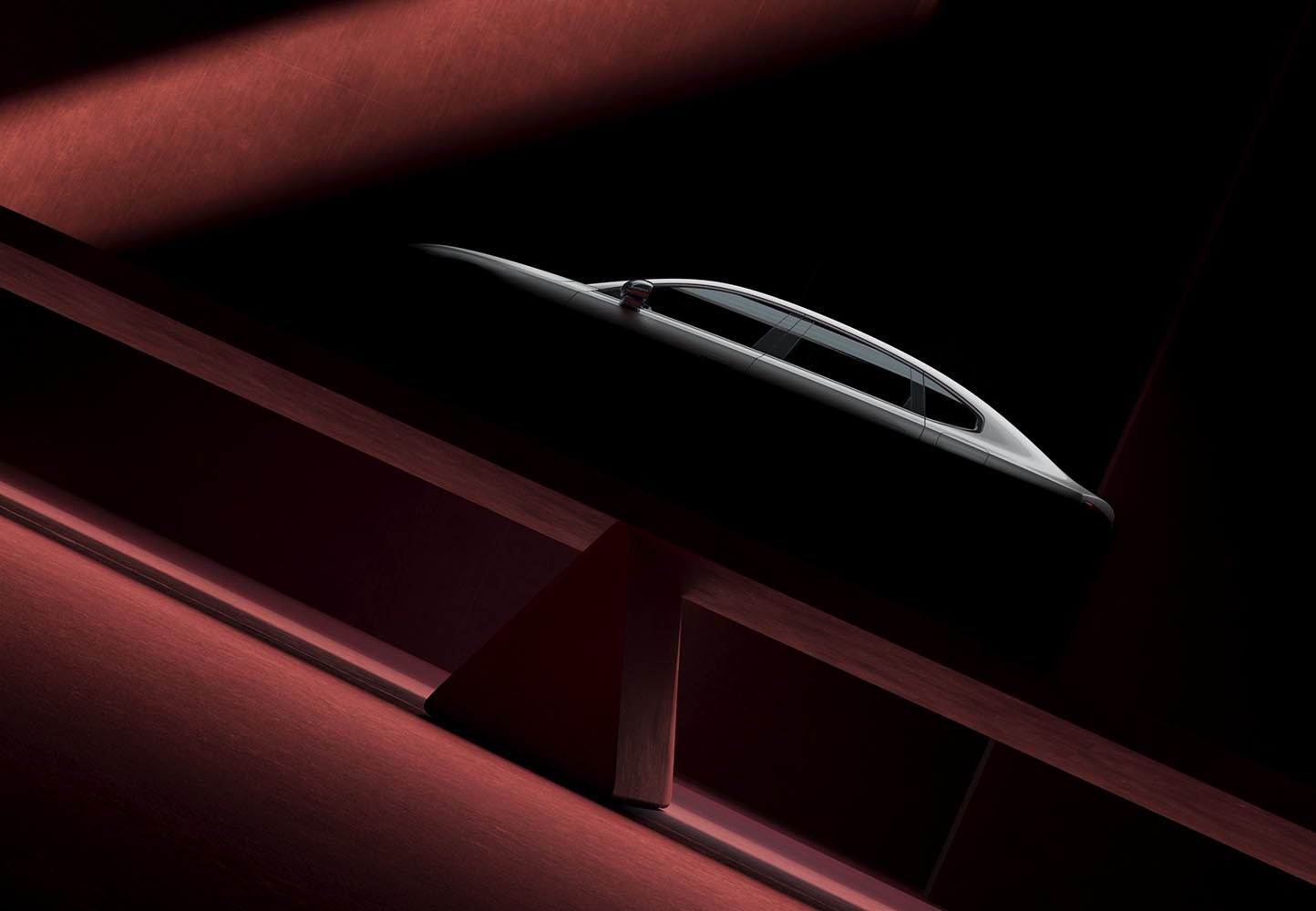
Volvo introduces unified Superset tech stack for all future EVs
Volvo Cars has announced a groundbreaking shift in its approach to electric vehicle development with the introduction of the Volvo Cars Superset tech stack. This new, unified technology platform will serve as the foundation for all future electric models, starting with the EX90 and extending to the upcoming EX60 and ES90.
The Superset tech stack integrates all essential systems, software, and hardware into one modular base, which can be tailored for different vehicle models. This approach allows Volvo to continuously improve and upgrade its vehicles over time, ensuring that each car in its electric lineup benefits from advancements made across the fleet.
Like a set of building blocks, it can be configured in many different ways. Each of Volvo’s new cars will be a selection, or a subset, of building blocks from the Superset tech stack. Volvo will continuously improve and grow the tech stack. This approach makes sure that Volvo cars truly get better with time, as all of the company’s engineering work will focus on improving and enhancing the one tech stack. It means that work on the EX90 will directly benefit the ES90, and that the work done for ES90 will carry on – both into the development of EX60 coming after it, as well as improving the EX90 already in the hands of customers, and so on.
“The Volvo Cars Superset tech stack is a true game changer: it allows all of our engineering effort to be channelled into one single direction that powers all our products, instead of working on specific car projects,” says Anders Bell, chief engineering & technology officer at Volvo Cars. “Our engineers will work on one superset, constantly improving, growing and expanding its capabilities and features. This allows for dramatically improved quality, increased speed-to-market and continually better cars for our customers.”
This unified platform will also be supported by the SPA3 architecture, a scalable electric vehicle base that allows for the production of models in varying sizes while lowering production costs and improving overall performance. One of the key building blocks for any Volvo car is the electric technology base: a combination of the latest propulsion, electric and electronic systems on top of which the car is built.
Volvo Cars is owned by Zhejiang Geely Holding Group Co., Ltd., a Chinese multinational automotive company. Geely acquired Volvo Cars from Ford Motor Company in 2010. Since then, Volvo Cars has operated as a subsidiary of Geely, while continuing to produce vehicles under the Volvo brand.






